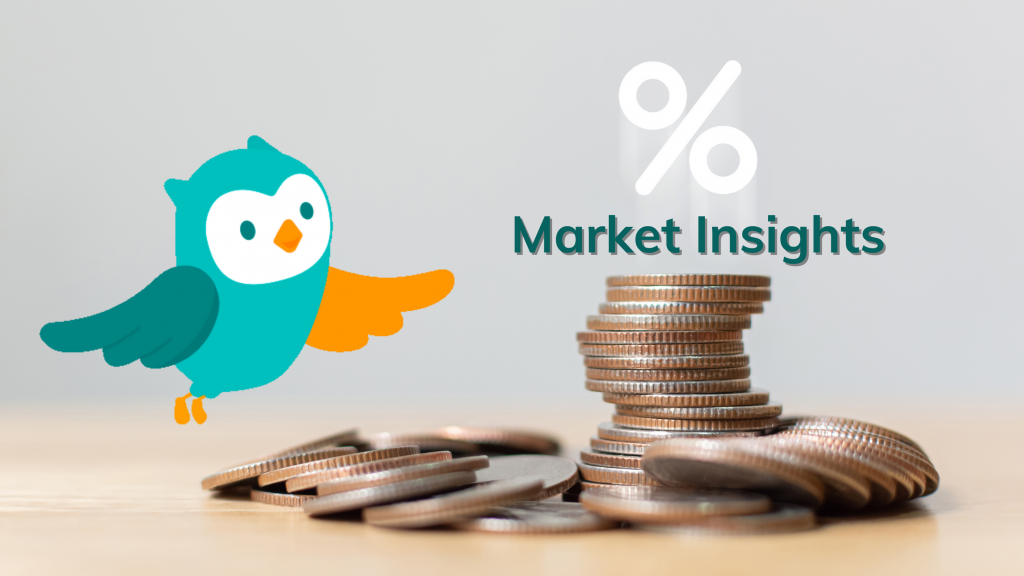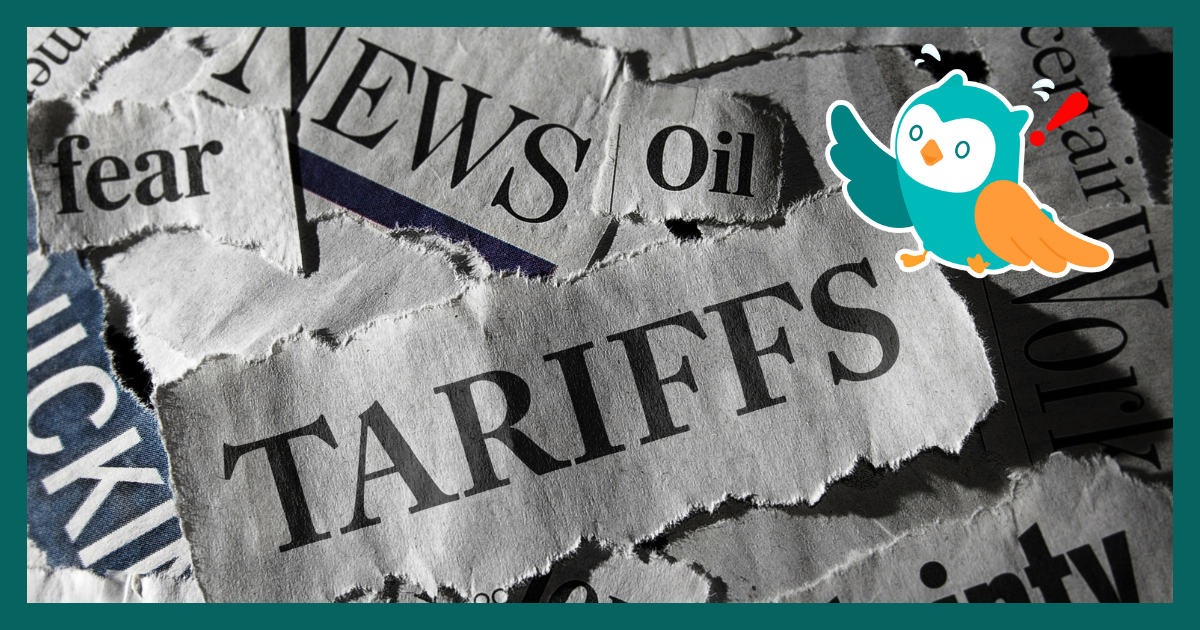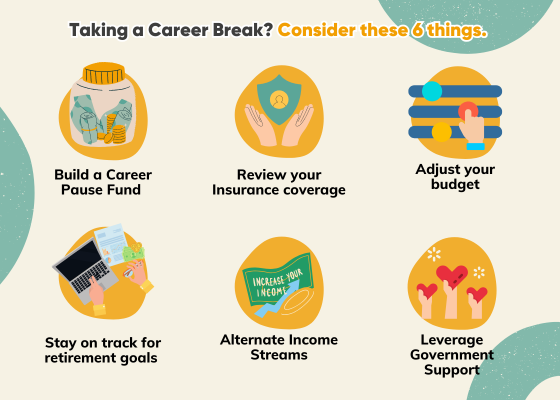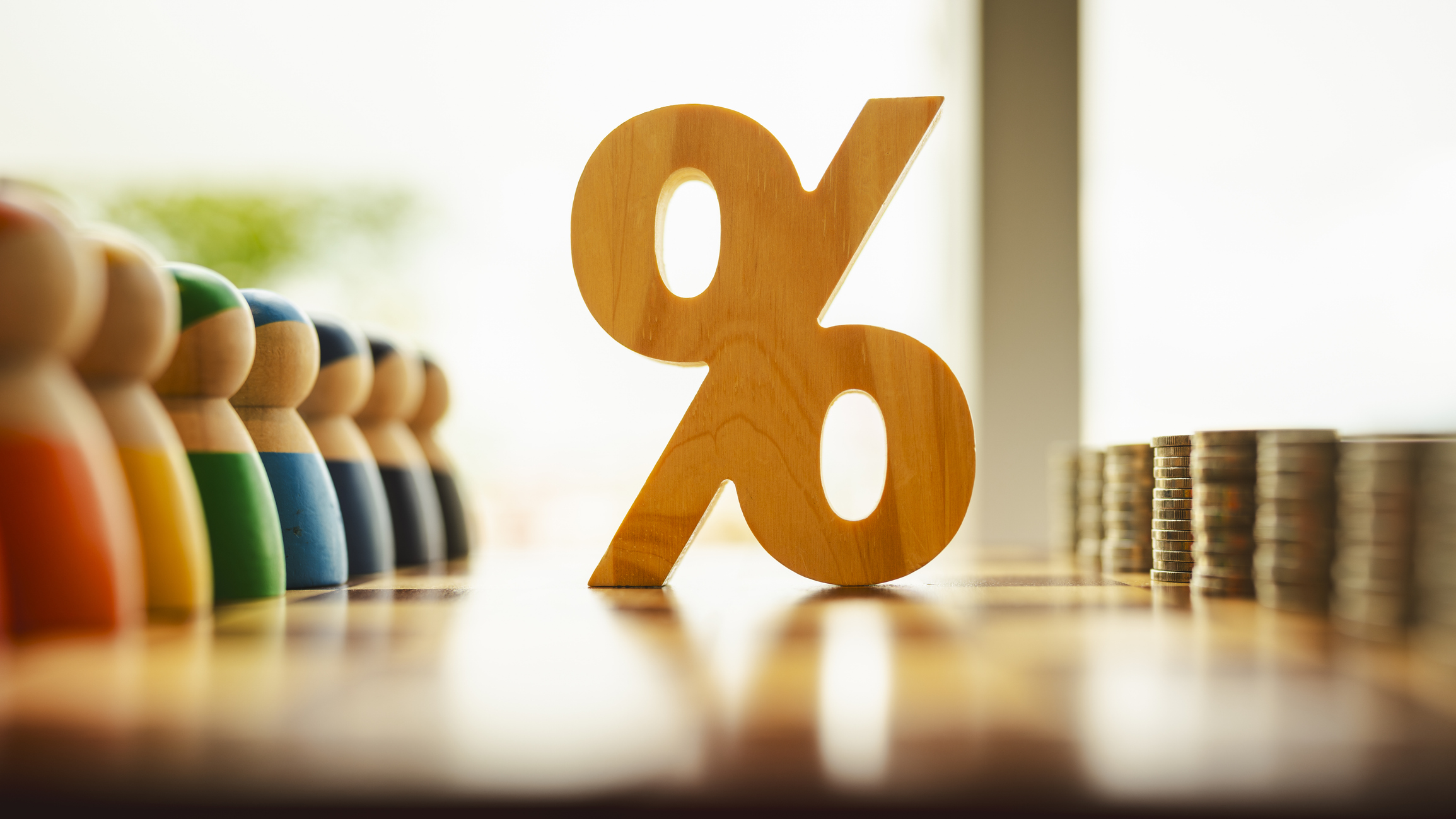Note: It was announced in November 2023 that MoneyOwl will be acquired by Temasek Trust to serve communities under a re-purposed model, and will move away from direct sale of financial products. The article is retained with original information relevant as at the date of the article only, and any mention of products or promotions is retained for reference purposes only.
______________
In this week’s world market update, the CEO of JP Morgan warned investors to prepare for struggles that can potentially impact the economy such as tightening monetary policies and Russia’s invasion of Ukraine. However, our investment team still believes it’s possible to remain optimistic about staying in the market.
(30 May 2022 – 3 June 2022)
A week after surging nearly 7% and snapping a seven-week losing streak, the major equity indexes slipped last week, with the S&P 500 Index and MSCI World Index down 1.17% and 0.84% respectively, while MoneyOwl’s 100% equity portfolio was down 0.63%. Renewed selling interest in equities was a by-product of continuing concerns about tightening monetary policy and uncertain growth outlooks.
In fixed income, after rising for three weeks in a row, prices of US government bonds fell, sending treasury yields sharply higher amid continuing concerns about persistent inflation and tightening monetary policy. The yield of the 10-year U.S. Treasury bond rose to 2.96% on Friday, up from 2.74% the previous week.
Last Week, Tesla CEO and world’s richest person Elon Musk commented that he feels “super bad” about the economy and needs to cut 10% of Tesla jobs. The CEO of JP Morgan, Jamie Dimon, joined in and warned investors to prepare for an economic “hurricane” as the economy struggles against an unprecedented combination of challenges, including tightening monetary policy and Russia’s invasion of Ukraine. “We don’t know if it’s a minor one or Superstorm Sandy. You better brace yourself,” Dimon cautioned.
Such comments coming out from the world’s wealthiest person and the leader of the largest investment bank may stoke some anxiety in investors. However, it’s worth taking a moment to consider the message in a wider context and remaining “optimistic” about the markets.
In the midst of March 2020, the S&P 500 was down 20%, but as we told investors back then – we can’t control crises, but we can control our response to them. Those who could stay in the market were rewarded, over the next 12 months, the S&P 500 went up 56%. When you’re entrusted with investors’ hard-earned money, as we are at MoneyOwl, it’s gratifying to see that the choices you make can lead to good outcomes. So now we find ourselves halfway through 2022, and we’ve seen the S&P 500 hit more than a 10% decline year to date, our sense of educated “optimism” is stronger than before. Why? Because over the past two years, our approach has been tested more than ever – and they’ve held up.
Investors should constantly be reminded that markets represent people coming together. We can’t predict the nature or timing of a crisis, but we can bank on human ingenuity finding a path through it. Markets are forward-looking and reflect this optimism – an optimism that we believe is innate to humanity. And your optimism only increases when you begin to understand how markets work. When markets are working as they should, eventually reaching record highs is exactly the outcome we would expect. That makes intuitive sense, because if stocks didn’t have a positive expected return, no one would invest in them.
Rather than having to guess what will happen to whom and when, we choose a different path. We invest in the market and we stay invested. It pays to have a philosophy to guide our choices, in investing, and in life. Decades of history has shown that choosing to side with human ingenuity rather than against it is the most reliable way for a successful investment experience. Betting against the market is exhausting, and we believe that it doesn’t pay.
In fact, most experienced investors view the current decline as an opportunity to buy “cheap” and to boost their overall long-term returns. For some of us, we can consider investing some of our spare cash and dollar cost average if markets go down further as long as we focus on our long term goal, stay optimistic and stay invested. Over the long term, markets will go up and down, but you should expect them to be positive, as that is what history has demonstrated. If you can hold this in your heart, you can be optimistic and resilient, you can manage the central challenge of human existence. It’s hard to do. But it’s worth it.
US Job Market
The US labour markets continue to expand into May, as the economy generated 390,000 new jobs while the unemployment rate held steady at 3.6%. However, the gains in new job was the smallest since April 2021, over the past 12 months, employers have added more than half a million jobs a month on average.
In upcoming economic news, the Consumer Price Index report is scheduled to be released on the coming Friday and it will show whether the US economy got any relief in May from surging inflation. A month earlier, the government reported that inflation accelerated in April at an 8.3% annual rate – slightly below the previous month’s 8.5% figure, which was the highest since 1981.
Chicken (p)rice crisis?
Singapore’s national dish is facing a serious threat as Malaysia – from which Singapore gets a third of its supply of poultries – are banning chicken exports, citing domestic shortages and chicken prices spiking to more than a 20-year high. Singapore businesses and consumers are rushing to figure out how to cope with Malaysia’s impending halt of chicken exports. On Saturday, Minister of home affairs Desmond Tan said in a Facebook post that despite rising prices, chicken supplies are assured via many sources and reassures the public that “there is adequate supply of chicken for everyone if we continue to do our purchase normally.”
Covid-19 Under Control in China
Beijing continue to roll back its Covid-19 restrictions, after declaring at the end of last month that the latest outbreak of the virus was under control. The city will resume public transport in most districts, allowing workers to return to their offices and restaurants to restart dine-in services. The loosening came about after officials said on Friday that the city had achieved zero new community cases in 13 out of 16 districts for seven consecutive days. Hong Kong reported 515 new Covid infections on Sunday, its highest daily case count in six weeks. But health officials said there had been no change in the number of hospitalisations and serious infections.
Read more Market Insights here.
Disclaimer: While every reasonable care is taken to ensure the accuracy of information provided, no responsibility can be accepted for any loss or inconvenience caused by any error or omission. The information and opinions expressed herein are made in good faith and are based on sources believed to be reliable but no representation or warranty, express or implied, is made as to their accuracy, completeness or correctness. Expressions of opinions or estimates should neither be relied upon nor used in any way as an indication of the future performance of any financial products, as prices of assets and currencies may go down as well as up and past performance should not be taken as an indication of future performance. The author and publisher shall have no liability for any loss or expense whatsoever relating to investment decisions made by the reader.




